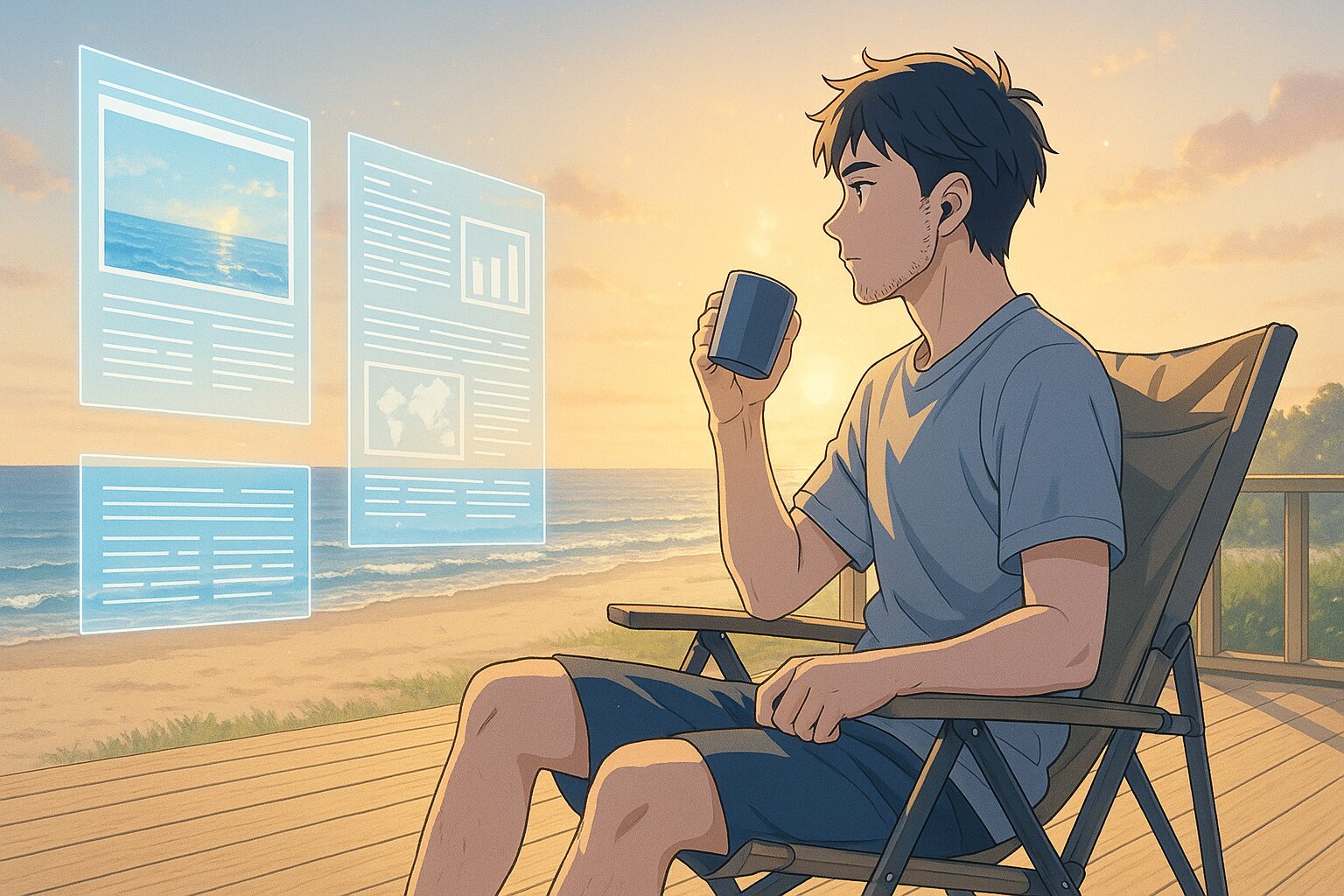Is Water the Savior of Energy? Considering Future Clean Power
A new chapter in hydropower has begun in Kutehr, India. JSW Energy has activated an 80 MW unit at the Kutehr Hydropower Station, expanding its generation capacity to 160 MW. If this trend continues, how will our future energy change?
1. Today’s News
Source:
JSW Energy commissions second 80 MW unit of the Kutehr Hydro Plant
Summary:
- JSW Energy has activated the second 80 MW unit at the Kutehr Hydropower Station.
- The current total generation capacity has reached 160 MW.
- Power supply to Haryana has begun, with plans to eventually expand to 240 MW.
2. Considering the Background
Hydropower is gaining attention as a clean and sustainable energy source. Especially in populous countries like India, where energy demand is rapidly increasing, securing renewable energy is crucial. However, hydropower requires large-scale infrastructure development, and its impact varies significantly depending on geography and climate. This project can be seen as an attempt to simultaneously promote regional economic development and the spread of clean energy.
3. What Does the Future Hold?
Hypothesis 1 (Neutral): A Future Where Hydropower Becomes Common
As hydropower becomes widely integrated into infrastructure, the stability of power supply will improve. As a result, energy prices may stabilize, and local power shortages could be resolved. If this becomes the norm, our values regarding energy might shift towards a more sustainable outlook.
Hypothesis 2 (Optimistic): A Future of Significant Development in Hydropower
If hydropower technology continues to evolve, allowing for more efficient and environmentally friendly energy generation, the proportion of clean energy is likely to increase significantly. This could lead to reduced carbon emissions and a slowdown in global warming. Society as a whole may become increasingly supportive of clean energy.
Hypothesis 3 (Pessimistic): A Future Where Hydropower Is Lost
The cancellation of hydropower projects due to environmental impacts or regional conflicts may hinder progress. As a result, energy shortages could persist, delaying the transition to clean energy and leading to a return to reliance on fossil fuels. This reality may shake our expectations for clean energy.
4. Tips for Us
Thought Process Tips
- Review your energy consumption habits.
- Adopt a perspective that incorporates the importance of renewable energy into daily life.
Small Practical Tips
- Be mindful of energy conservation at home.
- Choose products and services that utilize local renewable energy.
5. What Would You Do?
- Would you choose to invest in the future of hydropower?
- Will you participate in activities supporting the spread of renewable energy?
- Will you reconsider your own energy consumption?
What kind of future do you envision? Please let us know through social media quotes or comments.









